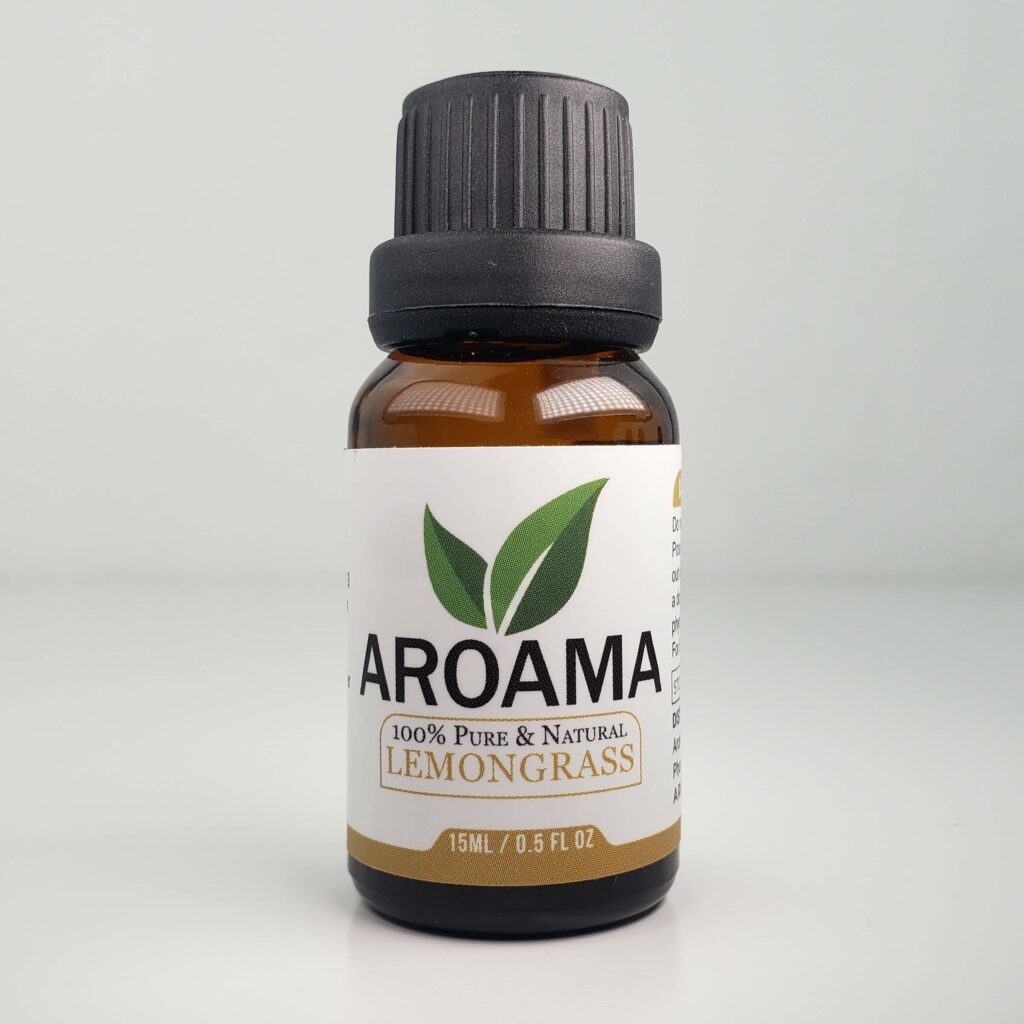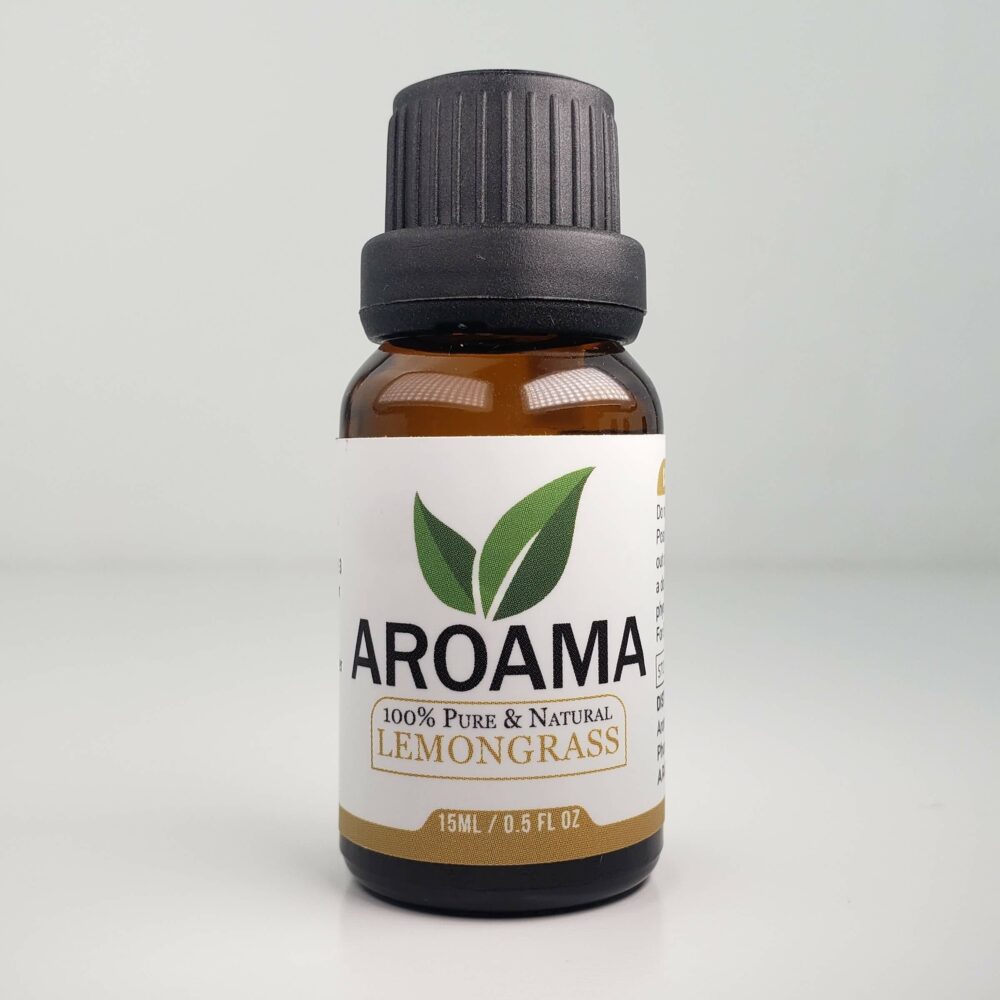Kenya is home to a rich tradition of bee farming, with farmers across the country reaping the benefits of honey production. From the dry, rugged landscapes of Kitui to the fertile highlands of the Mt. Kenya area, and from the cool expanses of Eldoret to the lush greenery of Kakamega, bee farming has become a thriving industry. One key tool that has gained popularity among Kenyan bee farmers is Lemongrass Essential Oil.
Lemongrass oil is not only known for its fresh, citrusy scent and calming properties, but also for its incredible ability to attract and move bees. This makes it a must-have for both beginner and experienced beekeepers in regions such as Baringo, West Pokot, Machakos, and the semi-arid zones of Eastern Kenya, where bee farming is widely practiced. Lemongrass oil is becoming an indispensable tool in managing hives and ensuring high honey yields.
How Lemongrass Oil Attracts Bees
Lemongrass essential oil contains citral, which closely mimics the pheromones produced by bees, particularly the queen bee. This unique property makes Lemongrass oil effective in attracting worker bees to a hive. Whether you’re starting a new colony or want to move bees into a hive, the strong, familiar scent of Lemongrass helps guide bees to the right place.
In Kenya, where bee farming is done on both small and large scales, the ability to naturally attract bees without the use of harsh chemicals is invaluable. Farmers in places like Kitui and the Mt. Kenya region have adopted Lemongrass oil as part of their hive management strategies, using it to increase the success rate of swarming and colony formation.
Applications of Lemongrass Oil in Bee Farming
Using Lemongrass oil in beekeeping is simple and highly effective. Here’s a step-by-step guide on how Kenyan bee farmers can use this essential oil to attract or move bees:
1. Attracting Bees to a New Hive (Bait Hives) One of the most common uses of Lemongrass oil in bee farming is to attract bees to a new or empty hive, known as a bait hive. This is especially useful in regions like Eldoret, Kakamega, and Kitui, where the natural environment supports swarming.
- What You Need:
- Lemongrass essential oil
- Cotton ball or small cloth
- Empty hive or bait box
- Steps:
- Add 2-3 drops of Lemongrass oil onto a cotton ball or small cloth.
- Place the cotton ball inside the hive or bait box, ideally near the entrance.
- Close the hive and place it in a shaded area where bees are likely to find it.
- Check the hive after a few days to see if bees have moved in.
This method has been widely successful for bee farmers in the Mt. Kenya region, where many use Lemongrass oil to attract swarming bees and ensure their hives are occupied.
2. Moving Bees to a New Location (Hive Relocation) For farmers who need to relocate a hive—whether to protect it from predators or due to changing environmental conditions—Lemongrass oil can be used to guide bees to a new hive location. This practice is especially important in areas like Kitui and Kakamega, where unpredictable weather can affect hive safety.
- What You Need:
- Lemongrass essential oil
- Spray bottle with water
- Existing hive and new hive location
- Steps:
- Add 5-7 drops of Lemongrass oil to a spray bottle filled with water.
- Lightly mist the inside of the new hive with the Lemongrass mixture, particularly near the entrance.
- Move the bees from the old hive into the new location. The scent of Lemongrass will help guide them to their new home.
- Monitor the hive to ensure the bees settle into their new location.
This method has been widely adopted by bee farmers in Baringo and Eldoret, where environmental changes often require careful hive management.
3. Maintaining Bee Activity in the Hive Even after bees have settled into their hive, maintaining high levels of activity is crucial for honey production. Lemongrass oil can be used as a stimulant to keep bees active, ensuring that they continue to produce honey efficiently.
- What You Need:
- Lemongrass essential oil
- Cotton ball or cloth
- Steps:
- Add 1-2 drops of Lemongrass oil onto a cotton ball.
- Place the cotton ball near the entrance of the hive but ensure it does not block the bees’ access.
- This will help maintain bee activity and encourage healthy hive growth.
Bee farmers in Kakamega and other forested regions have found this method useful for keeping their bees productive, particularly during the honey-making season.
Why Lemongrass Oil is Essential for Kenyan Bee Farmers
Lemongrass oil’s effectiveness in bee farming has been proven across many regions in Kenya, from the hot, dry climate of Kitui to the cooler highlands of the Mt. Kenya area. By naturally attracting bees and helping manage colonies without the use of chemicals, Lemongrass oil provides a safe and sustainable way for Kenyan farmers to increase their honey yields.
Whether you are a small-scale farmer in Machakos or managing a large bee farm in Eldoret, Lemongrass oil offers numerous benefits:
- Natural and non-toxic: Safe for both bees and the environment.
- Easy to use: A few drops go a long way in attracting and managing bees.
- Cost-effective: One bottle of Lemongrass oil can be used for multiple applications over time.



Comments are closed.